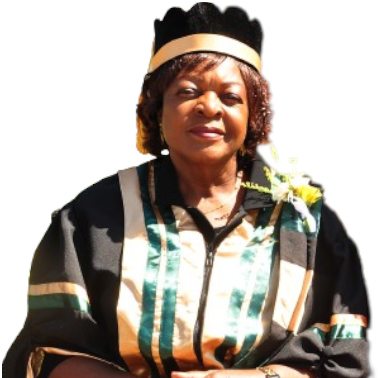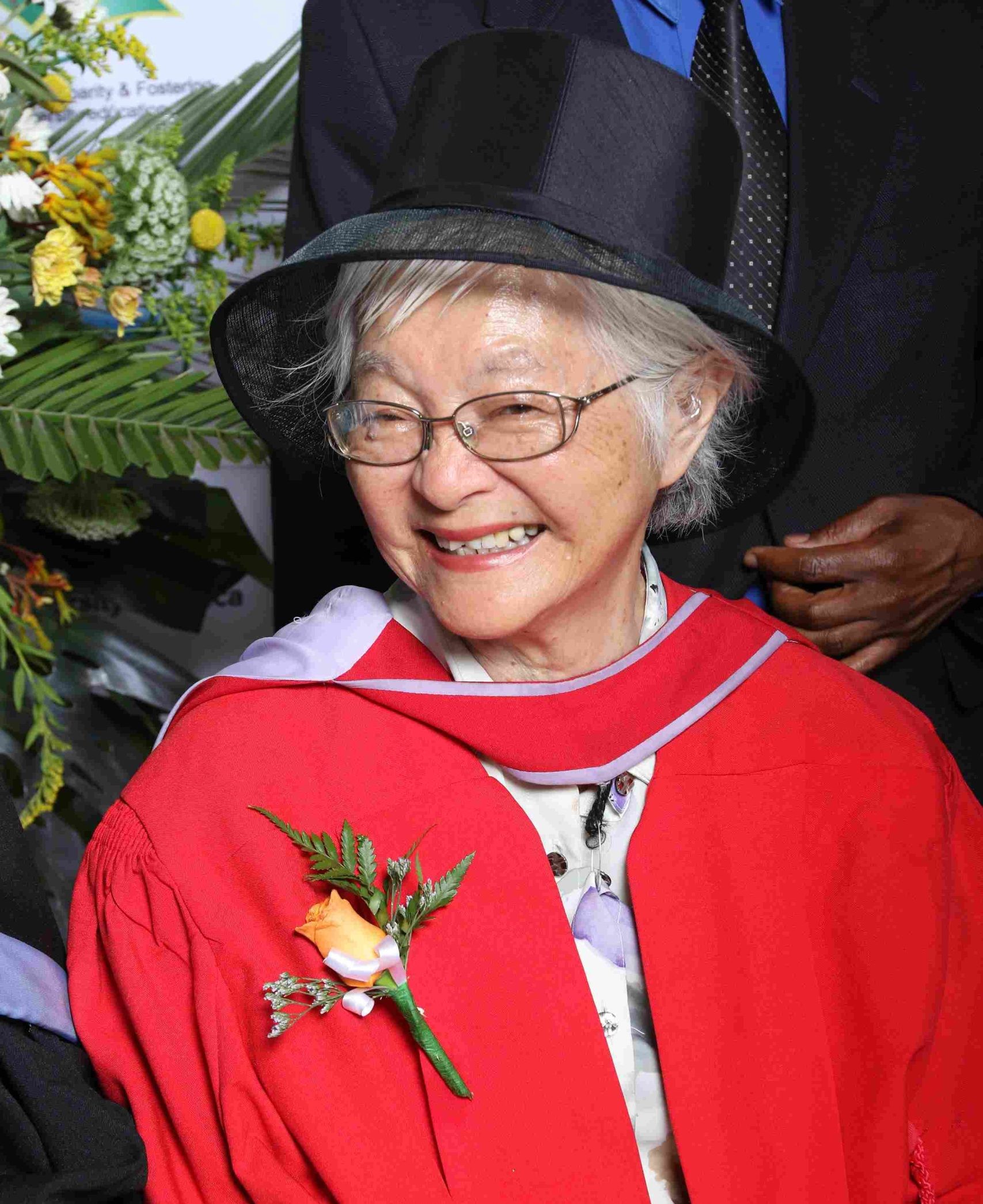Programme Aim
To offer students a unique blend of human and professional strategic communication theory and skills so that they are able to communicate appropriately and effectively in interpersonal, intercultural, organisational, and mediated settings.
Admission
An Admissions Committee administers the policy on admission to the MSCOM programme (Level 9) as per University Regulations, subject to approval by Senate.
Entry Requirements:
A good relevant first general degree (Level 7) or honours degree (Level 8) with an equivalent of 2.2 degree class or an advanced diploma from a recognised institution of higher learning, subject to approval by the Admissions Committee. Prior learning may also be considered by the Admission Committee. In the latter case, three references certifying the candidate’s ability and suitability to undertake the programme are required.
Exemptions:
There shall be no exemptions allowed for any course on the basis of courses previously taken at undergraduate, postgraduate or any other level in programme of study that is deemed to be equivalent to a prescribed course.
Duration of Programme
The MSCOM programme (Level 9) shall comprise eight taught courses and a dissertation.
The MSCOM degree (Level 9) shall be awarded to candidates who have successfully completed the approved courses and examinations at this University as set out below. There will be evening, holiday/block release and weekend classes which are taught over a total period of eighteen months years divided into three parts comprising two semesters that are devoted to taught courses; and the third semester that is devoted to the writing of a supervised dissertation.
Rationale of the Programme
Expert communication practitioners in various organizations are part of key personnel as their post cuts across the entire spectrum of activities and departments, and also link with critical external stakeholders, including the media. These practitioners mange the human relations side of the business, which is as important as product quality or service delivery. As such, the job market has many positions that require communication experts. Yet there are only two universities in the country that offer communication related masters degrees, as opposed to the seven universities that offer communication related undergraduate programmes. Yet in Zimbabwe, there are only two universities which offer a postgraduate related qualification, despite having seven universities which offer communication related degrees. Introducing a Master of Art in Strategic Communication (Level 9) will enable graduates of this programme to be the best candidates for the job where such expertise is required. Additionally, the existent postgraduate programmes are geared more towards media studies, rather than communication. This programme will bridge this gap by offering a postgraduate programme that is centred on communication.
The environment in which most organisations operate necessitates the ability to adapt to the pace of change, technological advancement and economic instability. In such an increasingly technological, networked and everchanging society, this masters degree will empower its graduates with the advanced knowledge and expertise that is essential to achieve organisational goals, facilitate stakeholder relationships, reputation management, change management employee engagement and media relations at an individual, societal and global level. It would also produce graduates who possess emotional intelligence and strong negotiation skills. Therefore, these graduates would be expert communication practitioners and leaders.
Career Opportunities
Internal/external organisational communication specialists in public sector
private sector and non-profit sector;
STUDY TIME AND CREDIT HOURS PER COURSE
Contact time
Lectures: 45
Seminars: 20
Field visits: 25
Sub-total: 90
Self-Directed Learning
Preparation for scheduled sessions: 15
Reading or practice: 15
Writing assignments: 15
Revision work:15
Sub-total: 60
Scheduled assessment time
Final written examinations: 3
In-class tests: 2
Presentations: 3
Practical skills: 2
Sub-total: 10
Grand total: 120
Notional study time = 70 + 40+ 10 = 160 hours
1 credit = 10 hours
Therefore, credits for the Master of Arts Strategic Communication Programme (Level 9) = 16 credits per course
1.10 Courses on Offer
All courses are compulsory.
First Year First Semester
Code Course Credits
MSC111 Theories and Principles of Strategic Communication 16
MSC112 Gender, Communication and Development 16
MSC113 Ethics and Strategic Communication 16
MDS113 Advanced Qualitative Research Methods 16
First Year Second Semester
Code Course Credits
MSC121 Advanced Strategic Communications 16
MSC122 Risk and Crisis Communication 16
MSC123 Public Diplomacy and Strategic Communication 16
MDS125 Advanced Quantitative Research Methods 16
Second Year First Semester
Code Course Credits
MSC211 Advanced Publication and Design 16
MSC212 Communication Training and Development 16
MSC213 Strategic Communications in a Digital Era 16
MSC214 Global Media and Cross-cultural Communication 16
Second Year Second Semester
Code Course Credit
MSC 221 Dissertation 32
Total Credits for the Programme are therefore 224 credits

Women’s University © 2024

Trustee & Co-Founder
She is the Founder and Founding Vice Chancellor of the Women’s University in Africa. She holds a PhD in Public administration with the University of Zimbabwe where her research was on “Critical Organisational problems of administering and Managing Social Development in a newly-independent Public Service”: the case of Zimbabwe. She also holds a Masters degree in Public Administration with the University of Missouri, Columbia and BSc Public Administration with the same university. She holds a Primary Teachers Diploma with Waddilove Teachers’ College, Marondera in Zimbabwe.
Professor Sadza’s employment record backdates to 1964 as school teacher. Post Independence she became registrar of Apprenticeship Authority in the Ministry of Manpower Planning and Development in Zimbabwe. She is one of the founding Directors of the Zimbabwe Institute of Public Administration & Management (ZIPAM).In 1987 to 1989 she was Commissioner of the Public Service Review Commission, Government of Zimbabwe. In 1988 to 1990 she was Zimbabwe Parastatals Commissioner. In 1990 to 2000 she was Public Service Commissioner in Zimbabwe.
Professor Sadza has done a lot of publications with emphasis on gender issues.
She has presented papers at national and international fora among which were:
Professor Sadza is a member of various Boards among them:
CURRENT
COMMITTEES/TRUSTS
She is also into consultancy mostly in the education field.
She has won several awards in recognition of her outstanding works of empowering women through education.
Awards:
Professor Sadza is married and has two children.

Chairperson & Co-Founder
Dr Fay Chung is co- founder and Chairperson Board of Trustees for Women’s University in Africa. A former Minister of Education Sports and Culture Dr Chung has been involved in a number of non-governmental organizations in Zimbabwe. An accomplished educationist and driver of women education, Dr Fay Chung has worked in the education system in a number of capacities. Dr Chung is a founder member of the Forum for African Women Educationalist and Association for Strengthening Higher Education for Women in Africa Dr Chung has been instrumental in the education of women in Africa. Dr Chung has worked in a number of international organizations which include UNESCO, UNICEF, OAU and AU. Dr Chung has several publications to her name which include the popular Re-Living the Second Chimurenga: Memories form Zimbabwe’s Liberation Struggle and The Nordic Africa Institute amongst others.
She was educated at the University of Zimbabwe, where she received her first degree (1962), her postgraduate Certificate in Education (1965) and her Doctorate (1999).
She also studied at Leeds University, where she obtained her M. Phil. In English Literature (1971) and has undertaken research at St Antony’s College, Oxford (1995). She diversified into economics and completed a distance-education degree at the School of Oriental and African Studies, London in 2002. Following retirement she enrolled in an honours degree program in Economic at the University of Zimbabwe.
Dr Chung’s career has been almost exclusively in education. As an undergraduate she was involved in organising students to teach house servants and workers in the vicinity of the campus. One of the tasks was to eradicate illiteracy. She has always had a vision to provide leadership in Africa through access to relevant quality tertiary education.
From 1963 to 1968 Dr Chung taught at high schools levels at Ascot and Harare High Schools in Zimbabwe. While studying for her M. Phil. Degree at Leeds University, she taught as a part-time lecturer at Leeds Polytechnic and at the Kitson College of Engineering from October 1968 to June 1970. She was a lecturer in the School of Education at the University of Zambia from 1971 to 1975. From 1975 to 1980 she worked fulltime for the Zimbabwe African National Union (ZANU), in charge of teacher education and curriculum development for Zimbabwean refugees schools in Mozambique.
After Zimbabwe’s independence in 1980, Dr Chung worked in various capacities in the Ministry of Education, including as the first acting director for the Zimbabwe Integrated National Teacher Education Course (ZINTEC), which was initiated at independence to train 9,000 primary teachers through a combination of face-to-face teaching and distance education; as head of educational planning in the ministry, with responsibility for planning the expansion for the primary, secondary and teacher training programs; as head of the curriculum development unit, tasked with transforming the curricula for primary and secondary schools; as deputy secretary in charge of school administration; and finally as minister of Education and Culture. She spent a total of 14 years in the government of Zimbabwe.
Dr Chung has been involved in a number of non-governmental organisations. She took part in the formation of the Zimbabwe Foundation for Education with Production (ZIMFEP), set up to provide education for war veterans and returning refugee children from Mozambique and Zambia. School leavers were assisted through placement in further training and in jobs, or through the establishment of cooperatives.
She has been a board member of the Zimbabwe Institute of Development Studies (ZIDS). She is a founder member of the Forum for African Women Educationalists (FAEW), a network of education ministers, women university vice-chancellors and other women educational leaders in Africa, focused on strengthening the education of girls and women in Africa. Dr Chung is the founder member of the Association for Strengthening Higher Education for Women in Africa (ASHEWA).
Dr Chung’s work has an international dimension. She was a member of the Delors Commission Education and worked as the chief of the education cluster at UNICEF, New York (1993-98), then as the first director of the UNESCO International Institute for Capacity Building in Africa (IICBA) in Addis Ababa (1998-2003). Between 1998 and 2003 she served as an honorary special advisor to the Organisation of African Union (OAU) and later to the African Union (AU).
Dr Chung is a member of the Zimbabwe National Education Advisory Board as of 18 March 2009.
Publications
Chung Fay, ‘Re-Living the Second Chimurenga: Memories from Zimbabwe’s Liberation Struggle,’ The Nordic Africa Institute, Weaver Press 2006